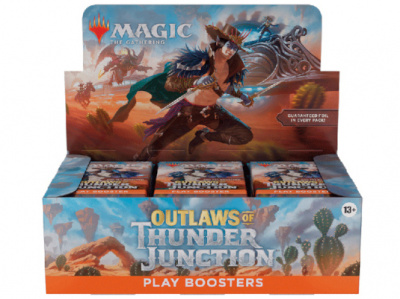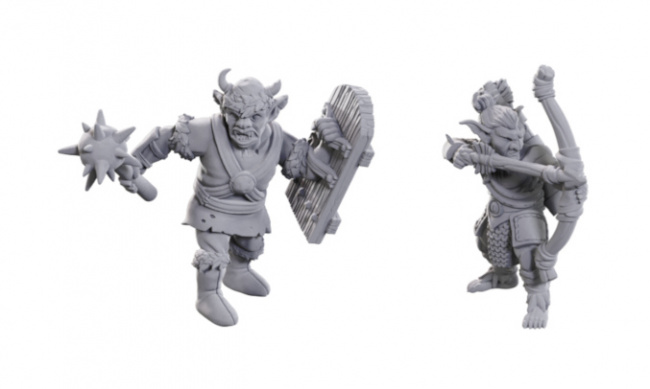Pop culture content sites are in the news as we write this (March 6, 2001), and since we haven't covered them since last summer (see 'Dot Com Dispatch'), we thought it was time for an update. These sites are basically the on-line equivalents of the magazines that fans buy, and serve much the same purpose for the fans and advertisers. For retailers, they feed into what consumers in stores are buying and at times have connections to publications sold in specialty stores.
UGO (UnderGround Online -- UGO.com) announced today that it closed its fifth round of financing at $23 million and wiped out another 40 people, or 30% of its staff, from all departments. New rounds of funding for Internet companies have often come with conditions of reducing expenses in recent months, and this is another example. In addition to creating its own content, UGO works with an extensive network of affiliated sites for which UGO sells advertising and takes a percentage. TokyoPop, publisher of Sailor Moon, Gundam, and other manga titles is one site on UGO's 'animation' channel, which includes not only animation but comics (they must think those are cartoons that don't move). UGO has indicated that it expects to be profitable within a year. Between the parent site and their network, UGO claims to serve an astounding 363 million web pages a month and to be the #1 site for 18-34-year old males, just ahead of IGN (see below) and WWF. In an effort to speed its path to profitability, UGO reportedly cut its payments to its affiliate sites recently, causing some to say that they could no longer continue operations.
WizardWorld.com, the Internet spin-off of Gareb Shamus' successful publishing operations, is reportedly out trying to raise a Series B round of financing to fund expansion into new categories and for other purposes. It raised a $4 million Series A round of financing last summer. In addition to being the on-line venue for content from the Wizard family of magazines, WizardWorld also operates an on-line exchange for collectibles based on the Wizard price guide databases.
Snowball operates IGN.com (as well as a couple of other sites), which covers comics, anime, movies, wrestling, and other topics of interest to young males in addition to its core category of interactive gaming. It has a business model similar to UGO's, but completed its public offering before the doors closed. Snowball's fourth quarter results showed a $9.4 million loss on revenues of $5.4 million. It was sitting on over $30 million in cash, however, which is more than its market capitalization. It did a 3/1 reverse stock split today, which will get its stock price back up over $1 and avoid de-listing by NASDAQ. In other action today, a Goldman Saks analyst increased its estimated loss for 2001 to $1.74/share from $.58/share (it's hard to tell whether that's old shares or new shares). Goldman inexplicably continues to rate the stock 'market outperform.' Snowball claims an even huger 500+ million Web pages served per month, which includes some unrelated sites such as ChickClick.com.
At the bottom end of the content sites, Stan Lee Media co-founder Peter Paul has left the country for refuge in South America, seeking to avoid prosecution related to alleged stock manipulation, according to an exclusive story on Inside.com that was picked up by Comicon.com/Splash. The company named after the man that is probably the U.S.'s greatest living pop culture legend -- Stan Lee -- ground to a halt last December after being unable to raise additional funds to support its near-revenueless operations (see 'Stan Lee Media Tanks'). In addition to an ongoing SEC investigation, there are three different class action lawsuits pending from shareholders related to the decline in its stock. We just hope that 'Stan the Man' is able to isolate himself from the detritus of this disaster.
And also in our morgue file, Psylum--operator of Psymanga.com, Dojo.com, Psycomics.com, and Pokegym.com--is dead as of January of this year. After its hiatus last summer, the sites were revived, with Psycomics actually including some impressive content from contributors including J. Michael Straczynski and Kevin Smith, but it didn't last long.







